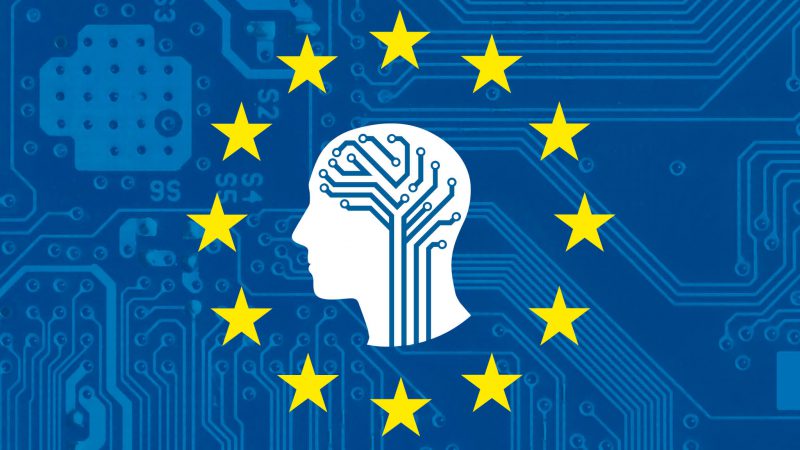The implementation of new laws governing ChatGPT and other AI tools in Europe has moved one step closer. On Thursday, lawmakers took a crucial vote in which they approved stricter draft legislation.
The eagerly awaited European Union AI Act appears to be on track to become the first comprehensive piece of legislation governing the technology. Furthermore, the use of facial recognition, biometric surveillance, and other AI applications will be subject to new regulations. After two years of discussions, the legislation will move to its next phase. Lawmakers will now finalize the details with the European Commission and individual member states.
What do the new laws in Europe mean for ChatGPT and other AI platforms?
According to the proposals, AI tools will receive a rank from low to unacceptable in terms of perceived risk. Depending on the level of risk, governments and businesses using these tools will have different responsibilities.
German MEP Svenja Hahn told Reuters the negotiations had driven conservative and left-wing MEPs to meet halfway. Additionally, she asserted that they had been successful in reaching a solution that would govern AI fairly, uphold civil liberties, foster innovation, and strengthen the economy.
In Thursday morning’s vote, MEPs agreed to ban the use of facial recognition in public spaces and predictive policing tools. Additionally, they made the decision to place fresh transparency restrictions on generative AI programs like OpenAI‘s ChatGPT.
The bill will go to a plenary vote of the European Parliament in June this year. After that, the final terms will be agreed upon. Moreover, there would be a two-year grace period once the terms are agreed upon and the legislation is passed. This is so that impacted parties may comply with the rules. Europe seems to be making far more regulatory practices regarding AI and crypto than the United States. The U.S. regulatory oversight seems clouded at the moment. However, it is anticipated that the U.S. will soon follow Europe’s path in the near future.





